The United Kingdom is littered with towns and villages bearing strange and interesting names.
However, they didn’t come about because of the quirks of some town planners from a bygone era – most of the names draw their origins from ancient time as well as being influenced by the Celts, French and the Vikings.
Being based in Chipping Sodbury ourselves, we decided to start there on our journey of place-name discovery.
Chipping Sodbury
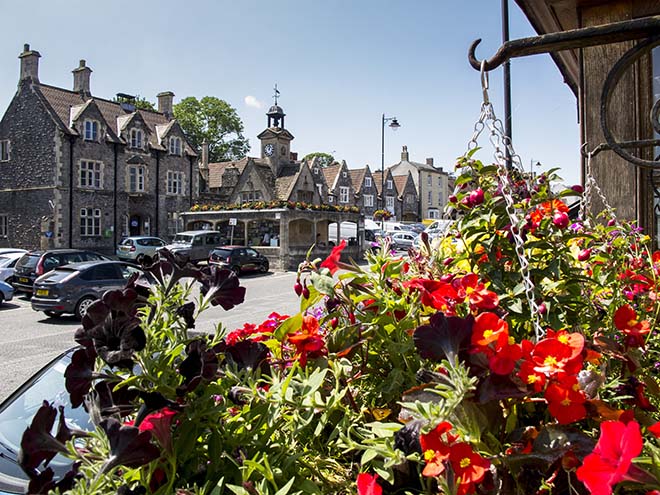
The radio programmes of the 50s and 60s had a field day with the name Chipping Sodbury because it sounded vaguely ribald – ‘ooh you’ll have to watch him, he’s from Chipping Sodbury’.
Chipping is a derivative of the Old English word ceapen, meaning market, whilst Sodbury comes from the Anglo-Saxon Soppanbyrig – Soppas fort or stronghold. Chipping Sodbury was a new town built when the estates of Old Sodbury and Little Sodbury merged. As it grew, it became a renowned market town.
The Cotswolds
There’s no doubt that ‘wold’ meant hills or high land in Anglo-Saxon, but there are two schools of thought when it comes to the Cot part of the name. Some believe it was named after a chieftain called Cod who owned the land at the time (the Cotswolds are sometimes known as King Cod’s Land), whilst others suggest it is named after the word ‘cot’, meaning an animal pen.
The Piddles
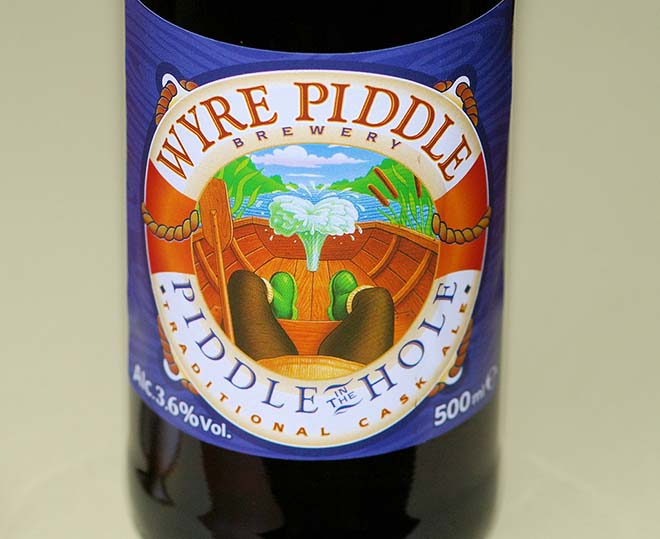
From the River Piddle to North Piddle and Piddletrenthide, these names always elicit a titter. Piddles are to be found in Dorset and Worcestershire, amongst other places. In Old English, piddle meant a marsh or fenland, so North Piddle is, in reality, the North Fen.
Likewise, Piddletrenthide was described in the Doomsday Book as an estate on the River Piddle ‘assessed at thirty hides’. The trent part comes from the French for thirty and hide was Old English for a measure of land.
Shitterton
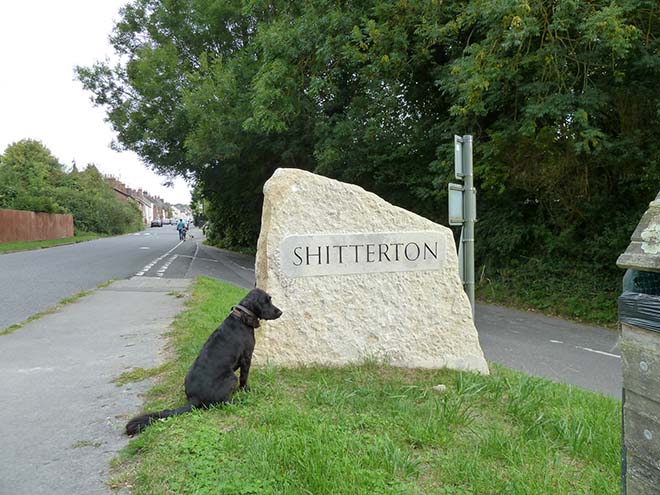
Shitterton in Dorset regularly tops the polls for having the most embarrassing place name in the UK. It’s one of the few villages whose meaning remains relevant to the modern-day use of the term – roughly translated, Shitterton means the river used as an open sewer.
Barton In the Beans
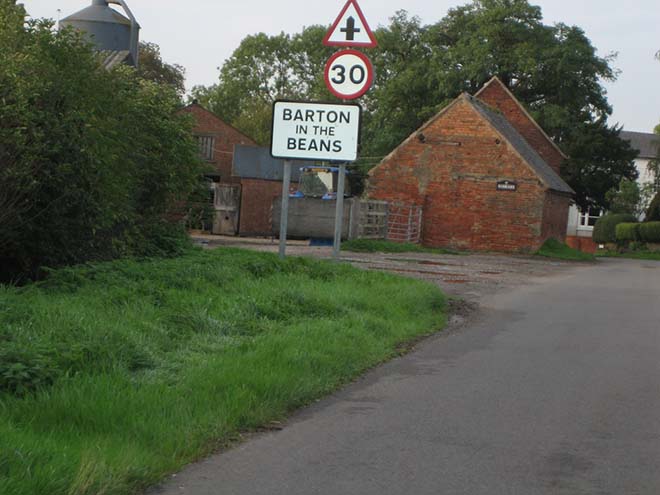
Barton in the Beans sounds like something from a sit com. This little place in Leicestershire derives its name from the Old English for a grange with an outlying farm – a barton or bartone. Many moons ago, Leicestershire was known for growing broad beans. Simple really.
The Wallops
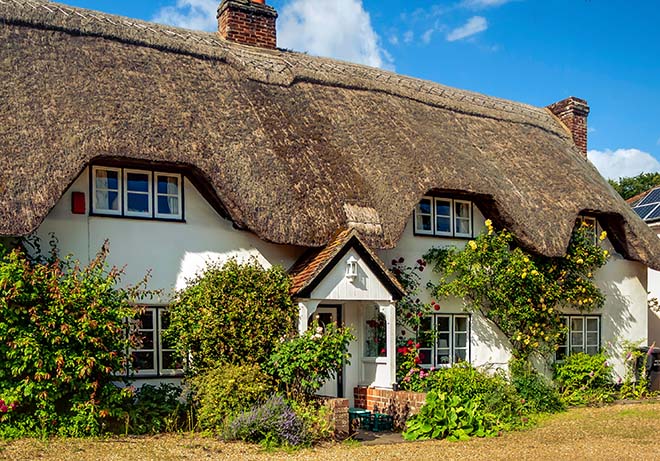
As well as Nether Wallop, there’s Over Wallop and Middle Wallop. Their name derives from the Old English words for valley and spring water – waella and hop. So, the true meaning of the name is the valley of spring water.
We’d love to hear from you if you live in a place with an unusual name and find out more about where it came from. Leave a comment below and there might even be a prizelet for the best answer.







